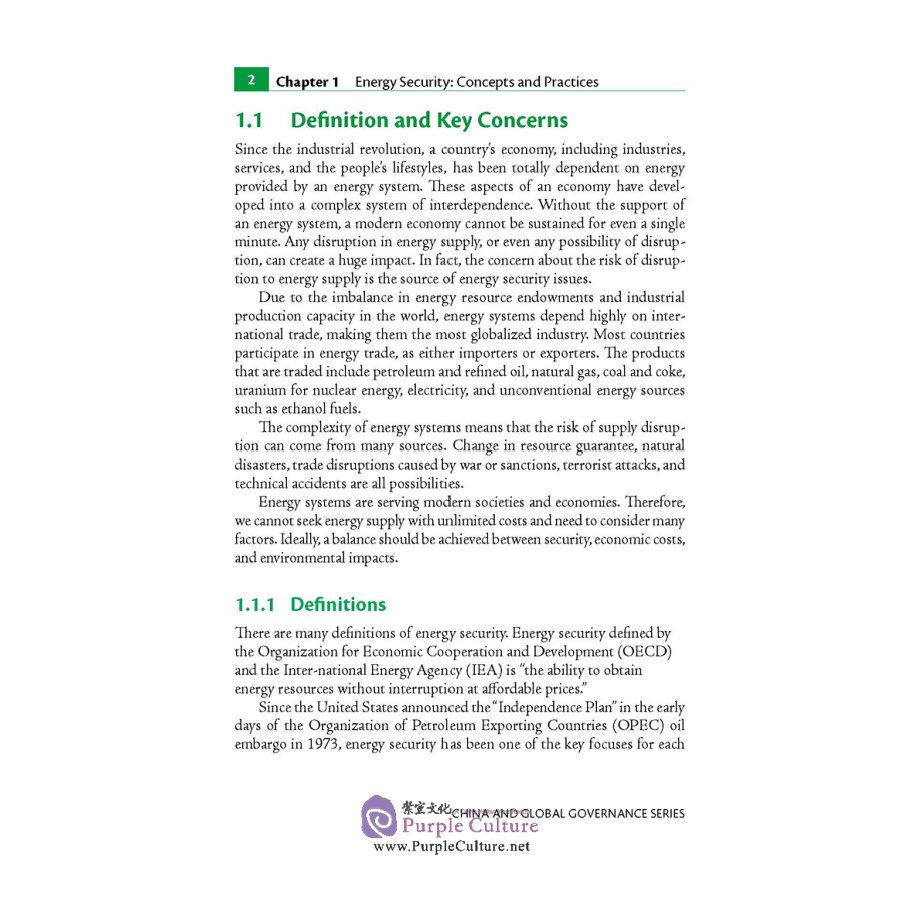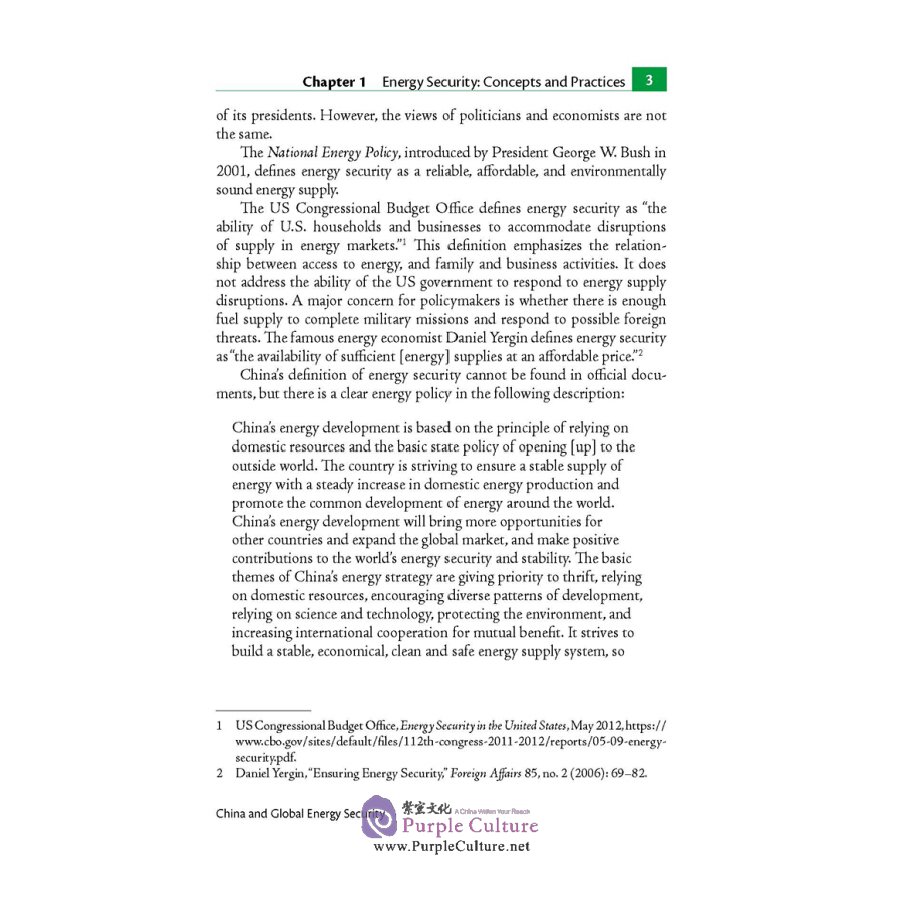The world energy market is undergoing tremendous changes in terms of production and consumption, resulting in a new landscape of global energy security. At the same time, renewable energy, smart grids, and hydrogen energy will bring about a new energy geopolitical map. Under such circumstances, countries around the world should accelerate energy transition through innovations in production, consumption, technology, and institutions. They can leverage China’s Belt and Road Initiative (BRI) to further the integration of Asian, European, and African energy markets, and improve common energy security while circumventing potential risks.
LIU Qiang, Ph.D. in Economics, is senior researcher and director of the Energy Division of the Institute of Quantitative and Technical Economics, the Chinese Academy of Social Sciences (CASS). He is also secretary-general of the Global Forum on Energy Security (GFES) which he co-founded in 2012 with the United States Energy Council and the Institute for the Analysis of Global Security (IAGS); principal professor of the International Seminar on Belt and Road Initiative (BRI) and Energy Connectivity hosted by CASS; and BRI and energy policy consultant of the United Nations Economic and Social Council for Asia and the Pacific.



The second decade of the 21st century has just ended. During this decade, tremendous changes have occurred in global economic and political structures. Geopolitically, conflicts and wars in the Middle East are still ongoing. In the Middle East, although the Islamic State (ISIS) suffered a territorial defeat in Syria, there is still little hope of resolving the Syrian conflict. The Ukrainian crisis triggered the danger of a new war in Europe once again. In 2010 China surpassed Japan to become the world’s second largest economy; it continues to develop at a relatively high rate, making it a foreseeable prospect that it will surpass the United States to become the largest economy in the world. Beyond the changes in global economics and politics, the driving force for major changes in the world is technological progress. NASA’s In Sight landed on Mars, and China’s Chang’e-4 was launched on a mission to the far side of the Moon. 5G technology is ready to be rolled out, and genetic engineering experiments are pushing ethical limits. All these developments show that the world is changing at an accelerating pace and that technological progress will bring us into a new era of uncertainty.